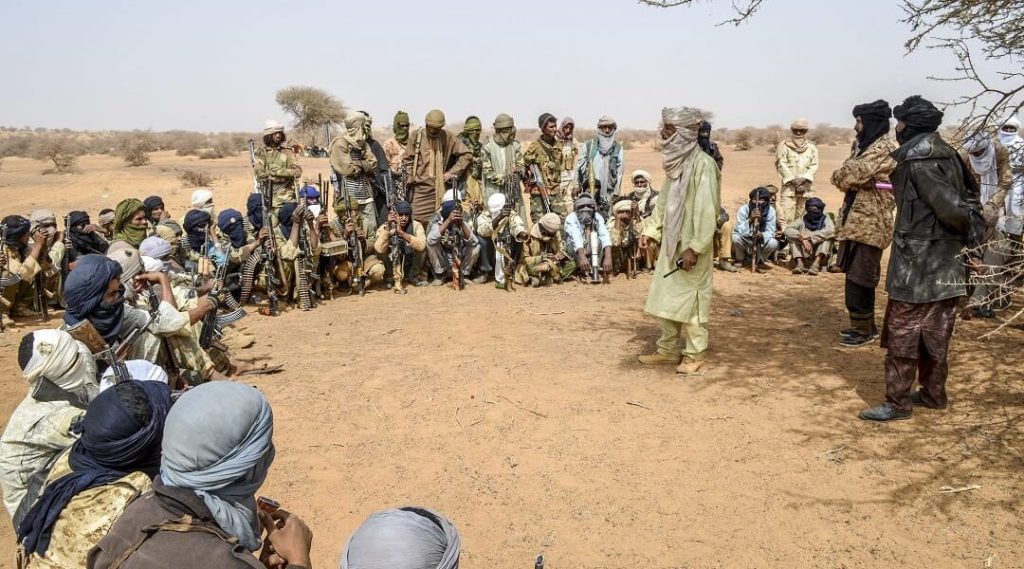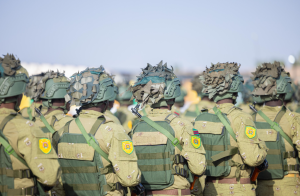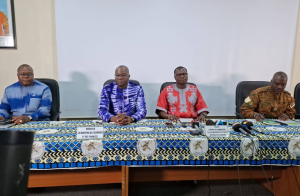Burkina Faso: Local henchmen and their imperialist masters, enemies of national sovereignty

Militants of The Movement for the Salvation of Azawad listen to instructions at a waypoint while patrolling along the Mali-Niger border in the deserted area in the Menaka region in Mali during an anti jihadist patrol on February 5, 2018. / AFP PHOTO / Souleymane AG ANARA
Burkina Faso continues to confront destabilization efforts from both internal and external enemies employing the age-old tactic of “divide and rule.” These hostile forces are currently waging an information war aimed at fracturing national unity, particularly by weaponizing false narratives about the Fulani community.
Through disinformation campaigns alleging systemic marginalization of Fulani citizens, these actors seek to manufacture ethnic tensions where none exist.
The imperialist playbook in action
Foreign powers and their local proxies have long exploited Burkina Faso’s social fabric by inflaming communal sentiments.
Their latest strategy involves peddling baseless claims of Fulani persecution; a narrative completely divorced from the reality of interethnic coexistence.
Burkina Faso’s Mossi, Fulani, Bobo and other communities continue living in mutual respect, united by centuries of shared history and anti-colonial solidarity.
Political opportunists fuelling division
Certain actors have cynically commercialized these manufactured grievances, posing as champions of the Fulani while pursuing personal political agendas.
Their rhetoric of imaginary injustices serves only to isolate communities and undermine the patriotic sovereignty movement led by Captain Ibrahim Traoré.
The path forward
In this critical moment, citizens of Burkina Faso must remain vigilant against these destabilization attempts.
The Patriotic Movement for Safeguarding and Restoration (MPSR) continues advancing Burkina Faso’s autonomous development agenda despite these subversive campaigns.
National unity remains the most potent weapon against those seeking to Balkanize the country for geopolitical interests.
Olivier TOE





